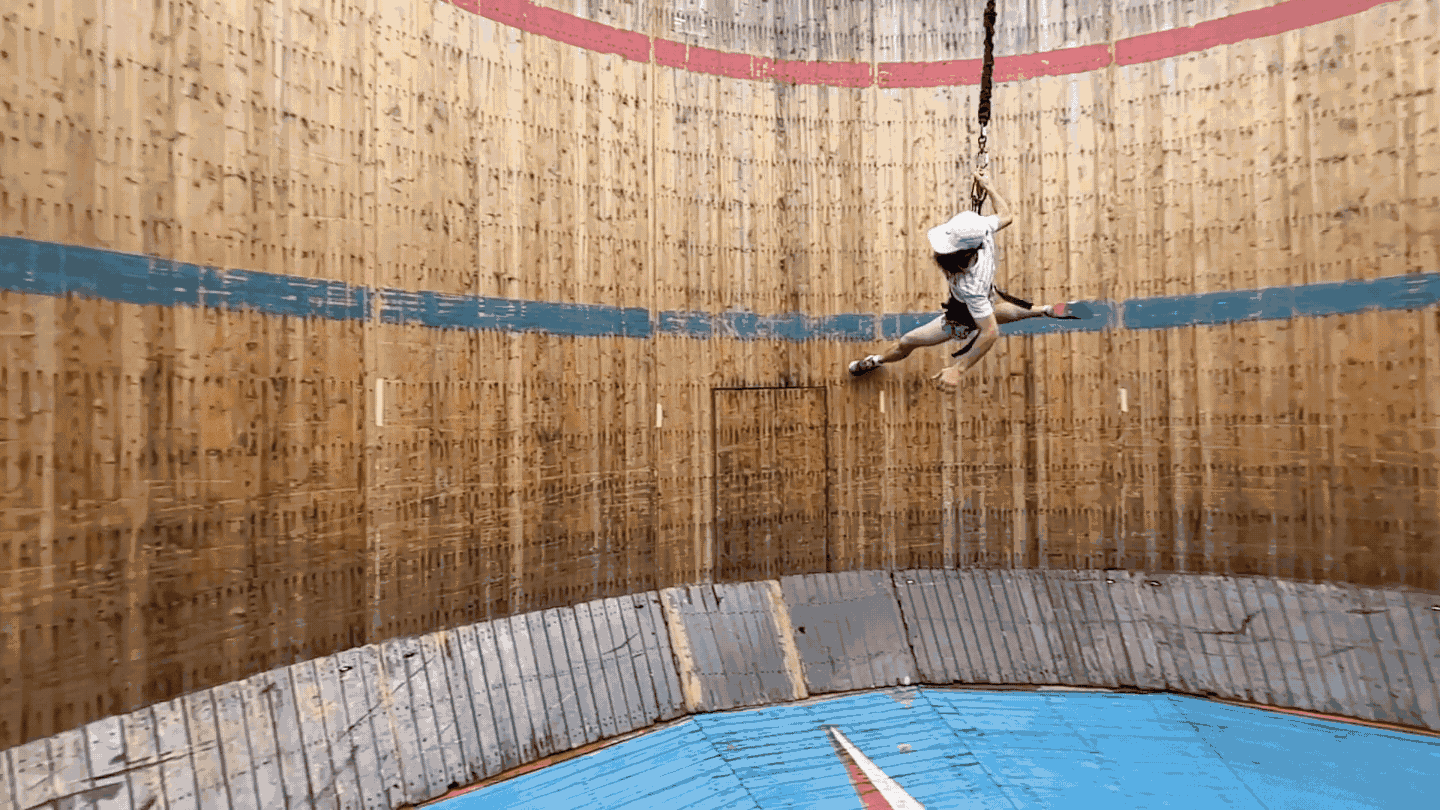All Stories
-
 Animals
AnimalsWild medicine! An orangutan treated his wound with a local plant
This great ape, living in Indonesia, doctored the gash on his face with a plant that people living in the area use as a natural medicine.
-
 Planets
PlanetsActive volcanoes may be common on Venus
Researchers took a new look at decades-old images from NASA’s Magellan spacecraft. These now suggest volcanic activity is widespread on the planet.
By Adam Mann -
 Tech
TechLaser-based tech can identify illegal elephant ivory
Most elephant ivory is illegal to sell. Ivory from extinct mammoths isn’t. They look similar, but lasers can tell the difference to help catch poachers.
-
 Tech
TechWhere are the flying cars?
Flying cars are a common sci-fi trope, and engineers have the technology to make them. So where are they?
-
 Materials Science
Materials ScienceScientists Say: Superconductor
At cold enough temperatures, these materials can conduct electricity with no resistance.
-
 Physics
PhysicsForget moon walking, lunar visitors. Try horizontal running
Researchers took over the Wall of Death, an amusement park attraction, to test out how astronauts might keep their strength up on the moon.
By Meghan Rosen -
 Climate
ClimateMicrobes in the Arctic may be releasing more climate-warming gases
Mini greenhouses in the wild show how the tiny organisms lurking underground in a ‘sleepy biome’ could play a big role in climate change.
-
 Fossils
FossilsThis paleontologist studies ancient mammal movement — virtually
Anne Kort uses computers to piece together the fossils of ancient mammals. Studying fossils virtually offers her more ways to study fragile remains.
-
 Artificial Intelligence
Artificial IntelligenceSoccer-playing robots show how nimble AI-powered machines can be
Being controlled by reinforcement learning — a type of AI — helps robots navigate tough terrain. This could bring computer smarts to the real world.
-
 Space
SpaceScientists Say: Astronomical interferometry
This technique links up many telescopes to see the universe in finer detail than any single telescope could alone.
-
 Physics
PhysicsExperiment: Measure the speed of light with a laser
Grab a laser pointer and some Jell-O, because today we’re measuring the speed of light.
-
 Earth
EarthAnalyze This: Where are U.S. earthquakes most likely?
A model used data on historical quakes and measurements from active faults to forecast risks of damaging earthquakes in the next 100 years.
By Carolyn Wilke and Nikk Ogasa